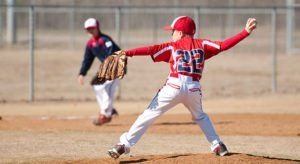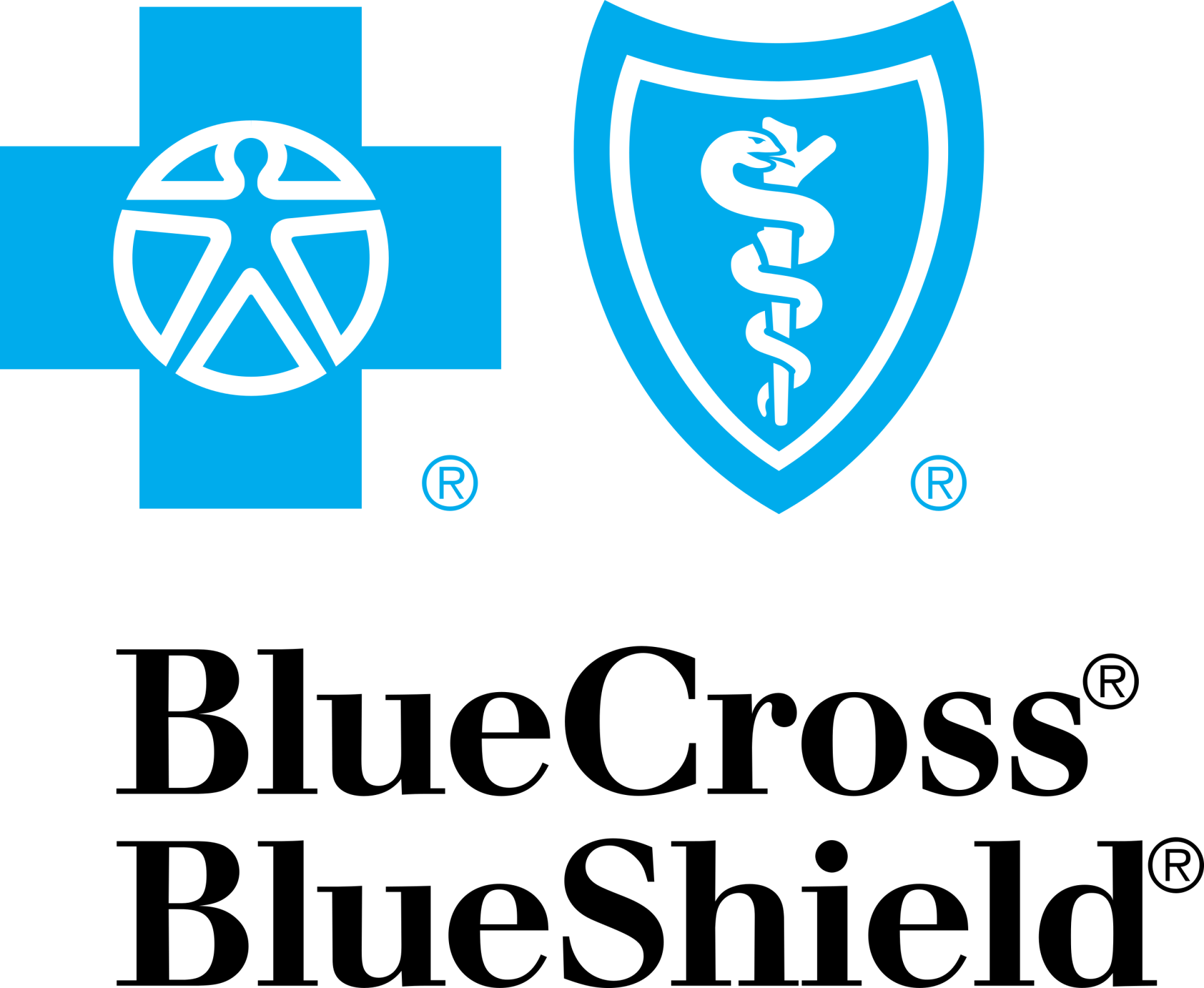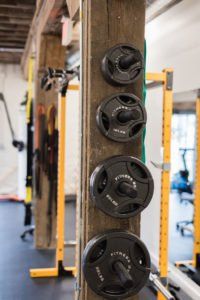Sport Specialization: How Soon is Too Soon?
Abby Wambach. Golden Tate. Morgan Brian. Colin Kaepernick. Sue Bird. RGIII. Mia Hamm. Allen Iverson. Tom Brady .
What do these individuals have in common, aside from being highly accomplished professional athletes?

They were multi sport athletes all the way through high school. That means they played one sport in the fall; another one in the spring; some of them a third, still different, in the winter; and likely took summer as an off-season where they remained physically active – playing kickball with friends, jumping in the lake, riding bikes around the neighborhood – but weren’t formally training for a sport.
As a sports specialist physical therapist, parents are constantly asking me when, and whether, their child should specialize in a certain sport. I understand -when you notice that your child is good – even exceptional! – at something, you want to help them develop that as best you can, as soon as you can. You also generally have the ability to do so, with school teams, travel teams, and local leagues in abundance.
So when SHOULD a young athlete specialize in one sport? As late as possible. Here’s why.
Risk: Overuse Injury
Repetitive stress is one of the primary causes of sports-related injury. Despite how we usually consider children to be “spry” and “resilient”, they are actually much more susceptible to certain kinds of overuse injury than adults because 1) their skeletons are not fully developed and 2) they are not able to build muscle strength and hypertrophy the way adults are. When a young athlete participates in the same sport year-round, they are only developing one set of skills, one set of movement patterns; this can lead to increased risk of injury outside their sport too. Additionally, repetitive movements like pitching a baseball, bringing the shoulder through a swim stroke, or striking a soccer ball actually involve higher forces going through the body than you might think. This puts extra stress on the athlete’s still-developing muscles, tendons, bones, and especially growth plates.
It needs to be said too that the number one risk factor for sustaining a sports injury is….having had a previous sports injury! Overuse injuries, while they’re rarely a career-ender (but can be!), are in many ways setting the young athlete up for a tough ride in their sport.

Risk: Burnout
The developing brain of a young athlete is not meant to focus on a singular task day after day, year after year. Quite the opposite – children and adolescents need variety in order to thrive and grow, both mentally and physically. The more specialized a young athlete becomes, the more likely they are to become frustrated and, well….burned out. Did you think burnout was just for medical students or adults working desk jobs they hate? Think again. When kids do too much of one thing, and experience too much pressure from coaches and parents, they will fold, and it is harder for them to recover than it is for adults with fully developed brains.
Burnout is a huge problem that has dire health consequences for young athletes. Involvement in sport has endless benefits, from learning how to work as part of a team to keeping a person’s heart and lungs healthy to controlling their weight. If an athlete becomes burned out by their sport at a young age, they are much less likely to ever participate in sport; and are even less likely to continue with physical activity. This puts them at risk down the road for obesity and cardiovascular health issues. You can see how this is not just a problem at the individual level, but at the societal level as well. The key to keeping young people involved in sport all through life is VARIETY.

Reward of Waiting: Athletic Prowess
You read the names I listed above. There are countless more. The more variety a child has in their athletic activity, the more comprehensive their athletic development. Athleticism is not the same thing as having skill at a particular sport. Athleticism refers to strength, power output, speed, agility, reaction time, and endurance. Sport-specific skill refers to things like refining your pitching biomechanics, honing the accuracy of your shot on goal, working on your running form, gaining confidence with tackles. Sport-specific skill, of course, is important for performing well and reaching the highest levels of a particular sport BUT, this should be built on a foundation of athleticism. Skill work is the steering wheel, athleticism is the engine. Build the engine first; and the best way to do that is variety. Running cross-country in the fall is a great way to build endurance so that you can play the full 60 minutes of your lacrosse game in the spring without needing a sub. Playing soccer in the fall helps build that sprint-endurance capacity you need for your finishing kick in the 800m spring outdoor track season. Riding bikes through the neighborhood with your buddies all summer allows you to rest and recover from a tough spring season while still keeping you active. Sport variety, with natural periods of exertion and rest, help your athlete grow from a curious child into a strong, athletic adult.
Reward of Waiting: Growing a high-functioning, well-adjusted adult.
Above EVERYTHING else, sports should be fun. This obviously goes for adults as well as kids, but it needs to be said that your child is not a small adult – they do not have the mental capacity to go to work at the same job day in and day out the way we do as adults. Think of their sport like a job; it is not hard to see how playing soccer 365 days a year can eventually come to feel like a job. Kids are meant to spend most of their time playing, exploring and having fun, and movement is one of the best ways to do that. There is no reason for any child under the age of 18 to be experiencing burnout or injury; let’s not take their childhood from them too early. I promise, it will have no detrimental effects on their ability to be a high-performing adult. Quite the opposite in fact.
If you are curious about how to optimize your child’s athletic development, reach out to our sports specialist Dr. Wason. She can answer any questions you may have, provide athletic development training sessions for healthy athletes ages 10-18, and physical therapy services for young athletes with overuse injuries. kate@bcptva.com









